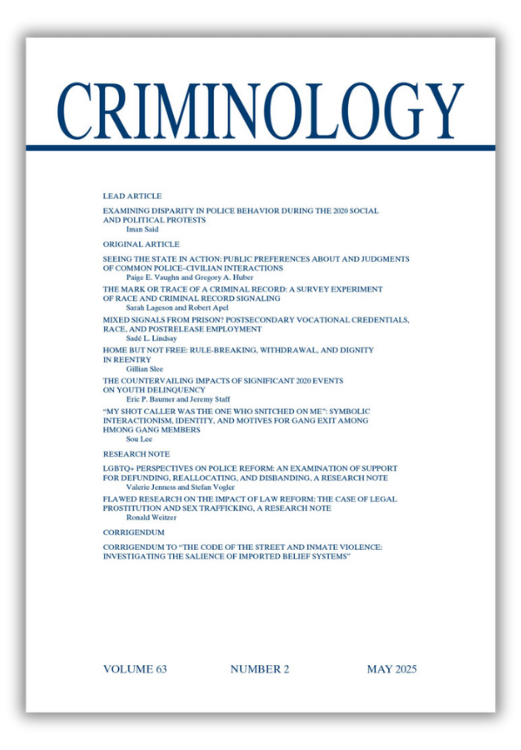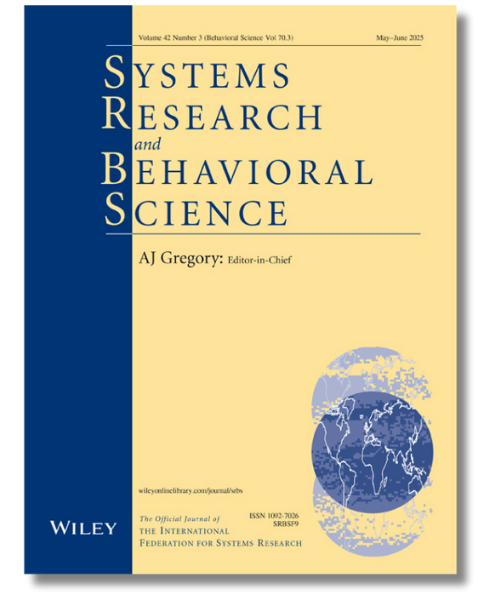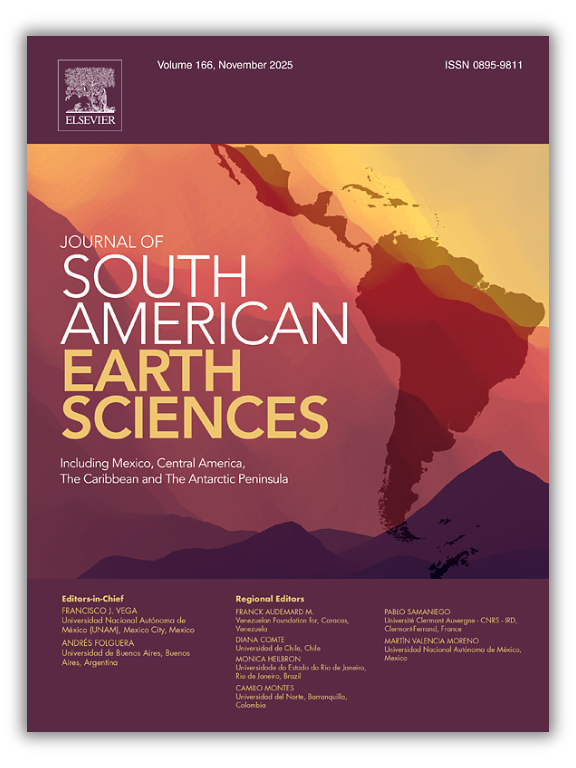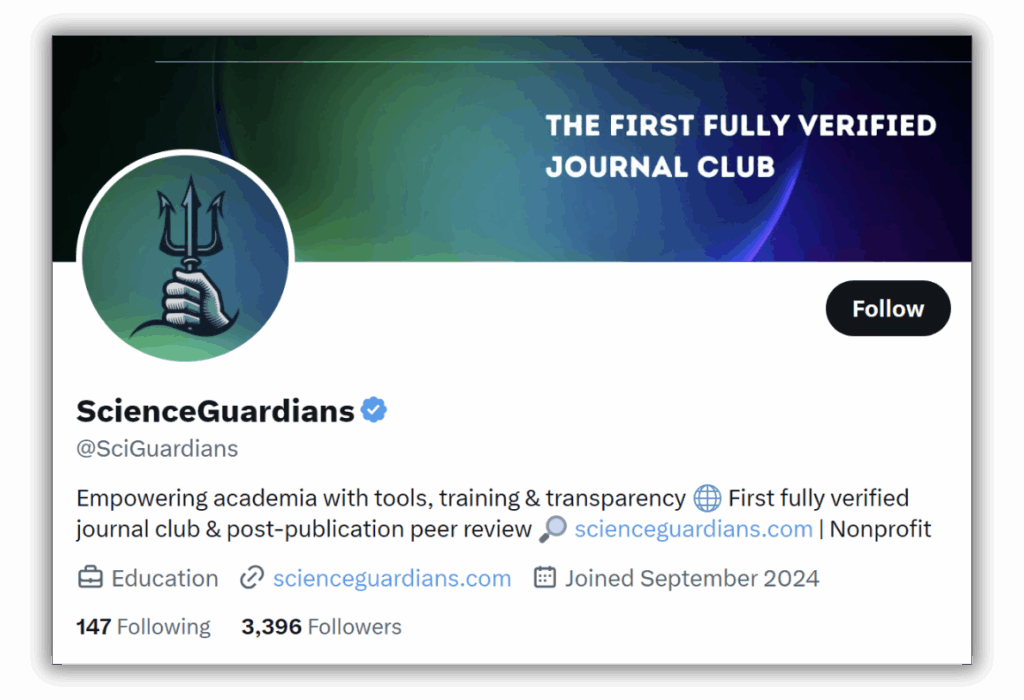The top editors of a criminology journal have stepped down after the society in charge of the publication assessed concerns about manuscript review times.
The board of the American Society of Criminology decided “a change of leadership was required due to some ongoing operational issues with the Criminology journal,” according to an announcement on the society’s website. “We appreciate the contributions of the prior editors.”
Kelly Vance, associate director of the society, said the organization had no further comment beyond the announcement.
Continue reading Editors of criminology journal resign amid concern about review times







